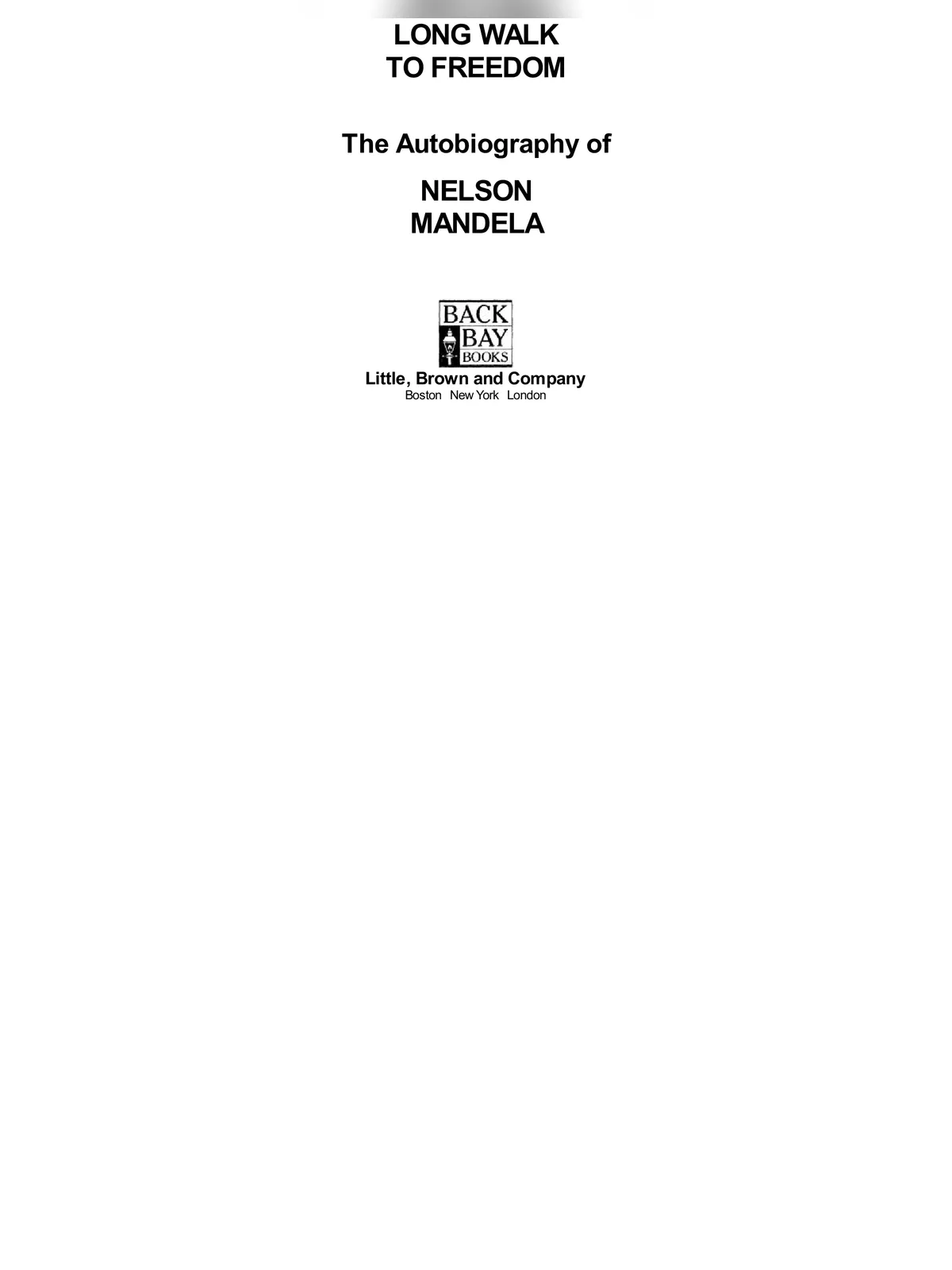Nelson Mandela Biography 2025 - Summary
Nelson Mandela’s biography tells the inspiring story of a man who changed South Africa’s history. Born on 18 July 1918, Mandela came from the Madiba clan in Mvezo village, Eastern Cape. His parents, Nonqaphi Nosekeni and Nkosi Mphakanyiswa Gadla Mandela, were trusted advisers to the Acting King of the Thembu people, Jongintaba Dalindyebo. After losing his father early in 1930, Mandela was taken in by Jongintaba at the Great Place in Mqhekezweni.
Early Education and Main Influences in Mandela’s Life
Nelson Mandela started his early education in Qunu, where his teacher, Miss Mdingane, gave him the name Nelson, a common practice of giving Christian names to students. He completed his Junior Certificate at Clarkebury Boarding Institute and finished his schooling at Healdtown, a well-known Wesleyan secondary school.
Mandela’s Path to Activism
Mandela began his Bachelor of Arts at the University College of Fort Hare but was expelled after joining a student protest. Despite this, he finished his degree through the University of South Africa and graduated from Fort Hare in 1943. His activism grew stronger as he fought against apartheid, the racial segregation system in South Africa.
In 1944, Nelson Mandela married Evelyn Mase, a nurse and cousin of Walter Sisulu. They had four children—two sons, Madiba Thembekile “Thembi” and Makgatho, and two daughters named Makaziwe (the first passed away in infancy). The couple divorced in 1958.
On 10 May 1994, Mandela became South Africa’s first democratically elected president. He married his third wife, Graça Machel, on his 80th birthday in 1998. Staying true to his principles, Mandela stepped down in 1999 after serving only one term. After his presidency, he continued his social work through the Nelson Mandela Children’s Fund (set up in 1995), the Nelson Mandela Foundation, and The Mandela Rhodes Foundation.
Mandela’s life is quoted worldwide, even though during apartheid, he often couldn’t speak publicly. Quoting him could lead to arrest or criminal charges. From December 1952, his public speaking was limited, and he was imprisoned from 5 August 1962 until his release on 11 February 1990.
For more details, download the Nelson Mandela Autobiography PDF using the link below.
